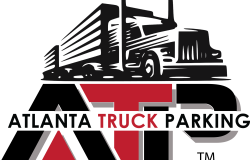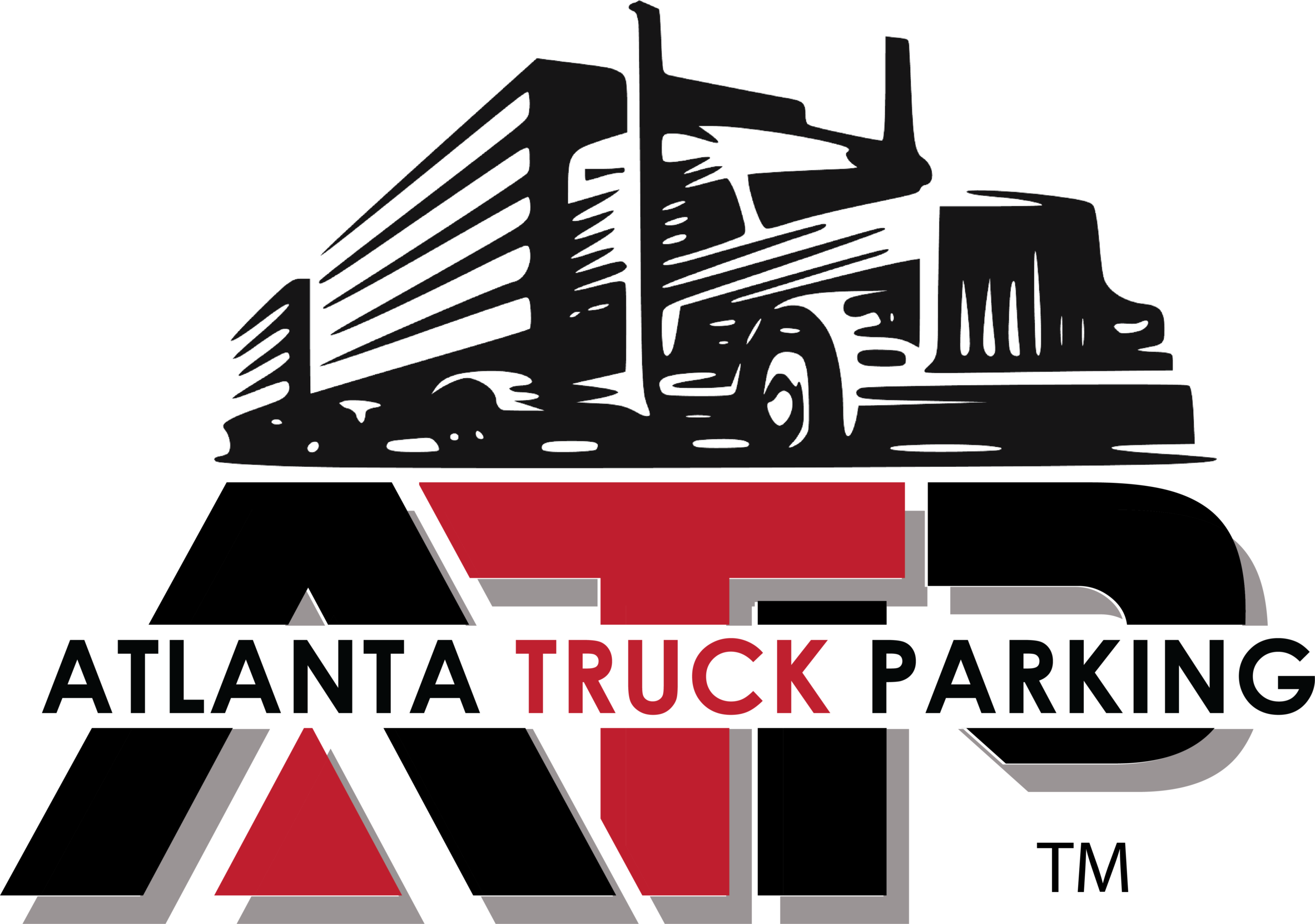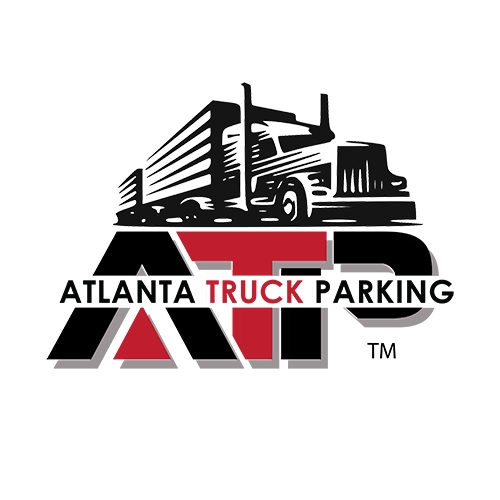If you’ve ever tried to find bobtail truck parking after a long haul, you know it’s not as easy as it sounds. While bobtails are smaller than full rigs, they come with their own unique parking challenges. Many drivers believe they can park anywhere because they’re not hauling a trailer, but that’s far from the truth.
In this article, we’re busting the top five myths around bobtail truck parking so you can avoid costly mistakes and make smarter stops on the road.
5 Myths About Bobtail Truck Parking
Myth 1: “Bobtails Can Park Anywhere”
This is one of the most common misconceptions among new drivers and even some veterans. Because bobtails are more compact, drivers often assume they’re welcome in most lots or public areas.
The reality?
Many businesses, rest areas, and city ordinances still restrict bobtails due to weight limits, space concerns, and liability issues. Always check signage and local regulations before pulling in. Just because your truck is trailer-free doesn’t mean it’s exempt from parking rules.
Myth 2: “No Trailer = No Parking Permits Needed”
Some drivers think that bobtailing removes the need for permits. Unfortunately, this myth can lead to unnecessary fines.
Why it matters:
In many cities and private lots, parking a bobtail truck still requires a permit, especially overnight. Without one, you might return to find your truck towed or ticketed. Whether you’re in a major metro like Atlanta or a smaller town, always verify if your destination requires parking documentation.
Myth 3: “Police Don’t Enforce Bobtail Parking Rules”
Don’t assume law enforcement will give you a pass just because you’re bobtailing. In fact, some areas target bobtails more aggressively than full rigs due to illegal parking complaints.
Pro tip:
Use secure, designated parking lots whenever possible. These areas are built to accommodate your vehicle’s size and weight and help you avoid run-ins with law enforcement or local business owners.
Myth 4: “Paid Bobtail Parking Is a Waste of Money”
Many drivers look for free truck parking to cut costs, but this can backfire. Free doesn’t always mean safe, and unsecured locations put you and your vehicle at risk.
Why paid parking is worth it:
- Security: Most paid lots offer fencing, cameras, or security staff.
- Convenience: You get peace of mind knowing there’s a reserved spot waiting.
- Legal compliance: Paid lots are often zoned correctly for commercial truck parking.
Investing in secure parking can actually save money by preventing theft, damage, and fines.
Myth 5: “There’s Always Space for Bobtails in Truck Stops”
This one sounds reasonable until you hit a busy travel corridor or arrive late at night.
The truth:
Truck stops often prioritize full rigs, and some even post signs saying “No Bobtails Allowed” during peak hours. Additionally, bobtail-only spots fill up fast and aren’t always easy to find.
Solution:
Plan ahead. Use trucker apps or GPS tools to find parking nearby. Some apps even show real-time availability, making it easier to route your trip with parking in mind.
Conclusion
Misunderstanding the rules around bobtail truck parking can lead to unexpected costs, conflicts, or even towed vehicles. By busting these common myths, truck drivers can stay compliant, safe, and stress-free on the road.
When in doubt, do your research and choose secure, well-marked parking zones. If you’re looking for reliable truck parking with 24/7 security onsite, Atlanta Truck Parking LLC has you covered. We offer fenced, monitored, and driver-friendly parking spaces designed with your safety and convenience in mind.
Want hassle-free parking? Reserve a bobtail truck parking now!


